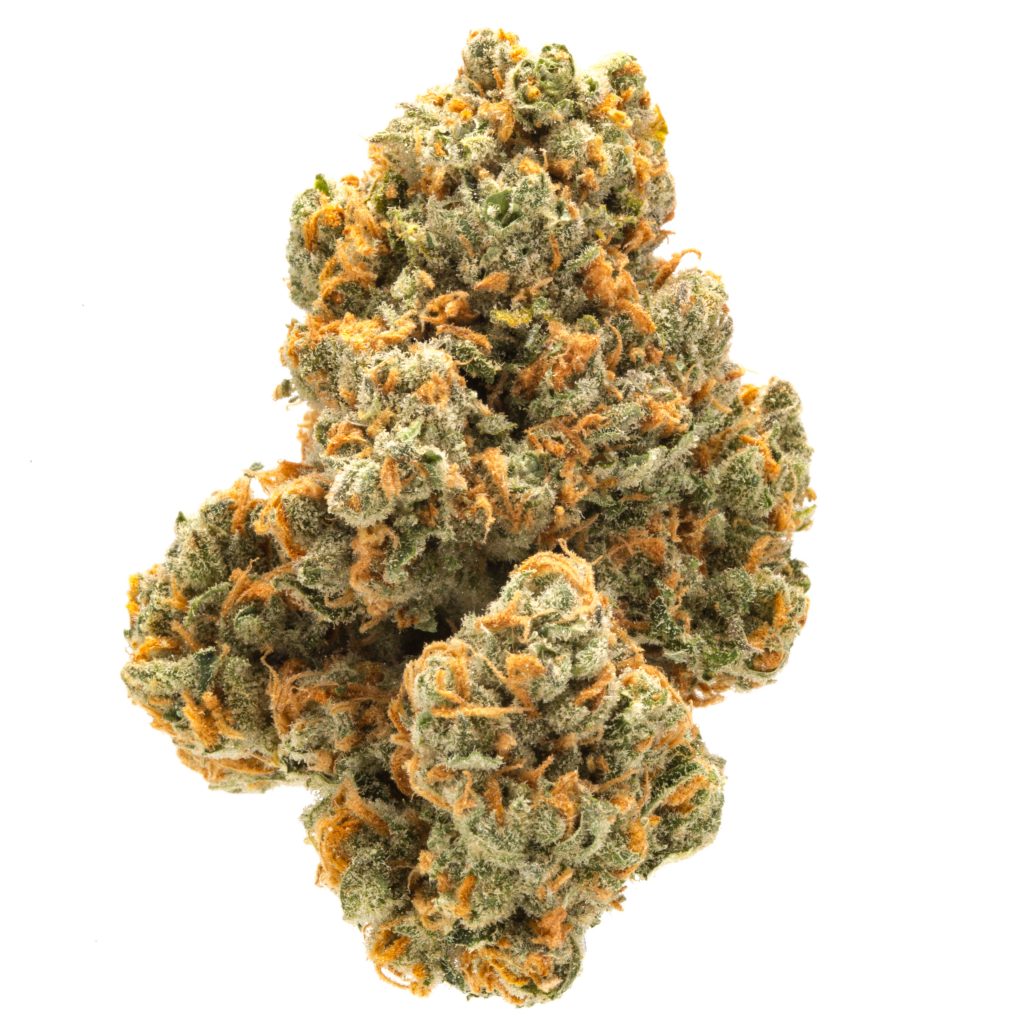Quarantine has been tough on everyone, and we’re all looking for activities to safely enjoy at home. One of those activities is playing card games with the homies. It’s become something of a soothing vibe with people as of late.
When it comes to card games, most of them require a little bit of strategy and forethought to win. Games like Monopoly Deal, the quick-and-easy card version of Monopoly, and Uno, the quick-and-easy card version of ending friendships, not only test your critical thought abilities, but also how well you can dominate your loved ones while talking down to them.
For situations like the above, there are plenty of weed strains to enhance the experience. And while most weed will work just fine — because sometimes a good high is just a good high — there are several strains out there that might work better than others for game night.
Strains that will help you focus, make you feel more creative, or simply make you feel more social are great options in this case. Here are a few that you should cop before your next round of Settlers (real ones know).
Uno: Cinex
Right off the bat, we’ve got Cinex, a sativa-dominant cross of Cinderella 99 and Vortex. It has a strong lemony fragrance and earthy taste that makes an extremely pleasant smoke, especially in oil form. The effects leave most consumers feeling energetic and happy, which is perfect for sitting around the coffee table with your family and throwing a Draw Four at your stepfather’s face.
Catan: Green Crack

Green Crack is a frequent flyer when it comes to daytime strain suggestions. Said to be a cross between a 1989 Super Sativa Seed Club, a Skunk #1, and an Afghani landrace, Green Crack is a pure sativa that many love for its citrus flavor and energetic effects. When it hits just right, Green Crack will sometimes bring a rush of mental clarity and physical energy, making anything feel possible. It’s almost like the cannabis version of Mario eating a star.
Monopoly Deal: Lodi Dodi
If you read Lodi Dodi and mentally responded, “We likes to party,” then you know exactly why it’s here. And you also might be mad old because you know Slick Rick lyrics. Lodi Dodi is a sativa-dominant hybrid bred by crossing, well, no one knows. Some think it’s a cross of Original Glue (GG4) and Mt. Rainier, but the breeders keep it a secret, so there’s no true confirmation.
What we do know is the high. Lodi Dodi can feel creative and thoughtful. It’ll mellow you out, but instead of feeling sleepy, you’ll settle into a cool laze that makes it completely easy for you to maintain your poise while holding a Deal Breaker in Monopoly Deal.
Uno: Super Lemon Haze

Super Lemon Haze is delicious. Super Lemon Haze feels warm and cuddly. It’s a sativa-dominant cross of Lemon Skunk and Super Silver Haze that, like the name suggests, has a vibrant, citrus aroma. It also has some piney elements that bring forth the best attributes from its parent strains.
Super Lemon Haze is one of those sativas that people often mischaracterized as racy and overwhelming, but that’s between them and their body. For you, it may feel uplifting and energetic, ending with a happy high that’ll put a smile on your face when you look around the card table and appreciate those who matter most. Ya know, right before you put down that last Uno card and raise your hands like, “Oh, y’all still have cards? Damn. Can’t relate.”
Catan: Mimosa
Mimosa is one of the most delicious strains on this list. Even if you don’t want to play cards, you should still grab it off the strength of its flavor. On the nose, it smells like a bucket of tropical terpenes, with a pungent orange and sometimes guava-like aoma. And the taste comes through with much of the same, making Mimosa a true sunny delight.
Mimosa was created by crossing Purple Punch with Clementine. Its top reported effects are energetic, relaxed, and aroused; ultimately, it makes you feel all loosey-goosey. Past that, the high can be long-lasting, which is perfect when the game of Catan that you told your unsuspecting friends would only last, “like a smooth 45 or so,” ends up taking longer than a Hamilton viewing. Or when you need to maintain a positive disposition after someone stupidly makes a 3-for-3 trade with the person in the lead.
Featured image by Stephen Panosian/Weedmaps
The post 5 weed strains for playing card games appeared first on Weedmaps News.

 hope you're hanging in there dear!
hope you're hanging in there dear! 